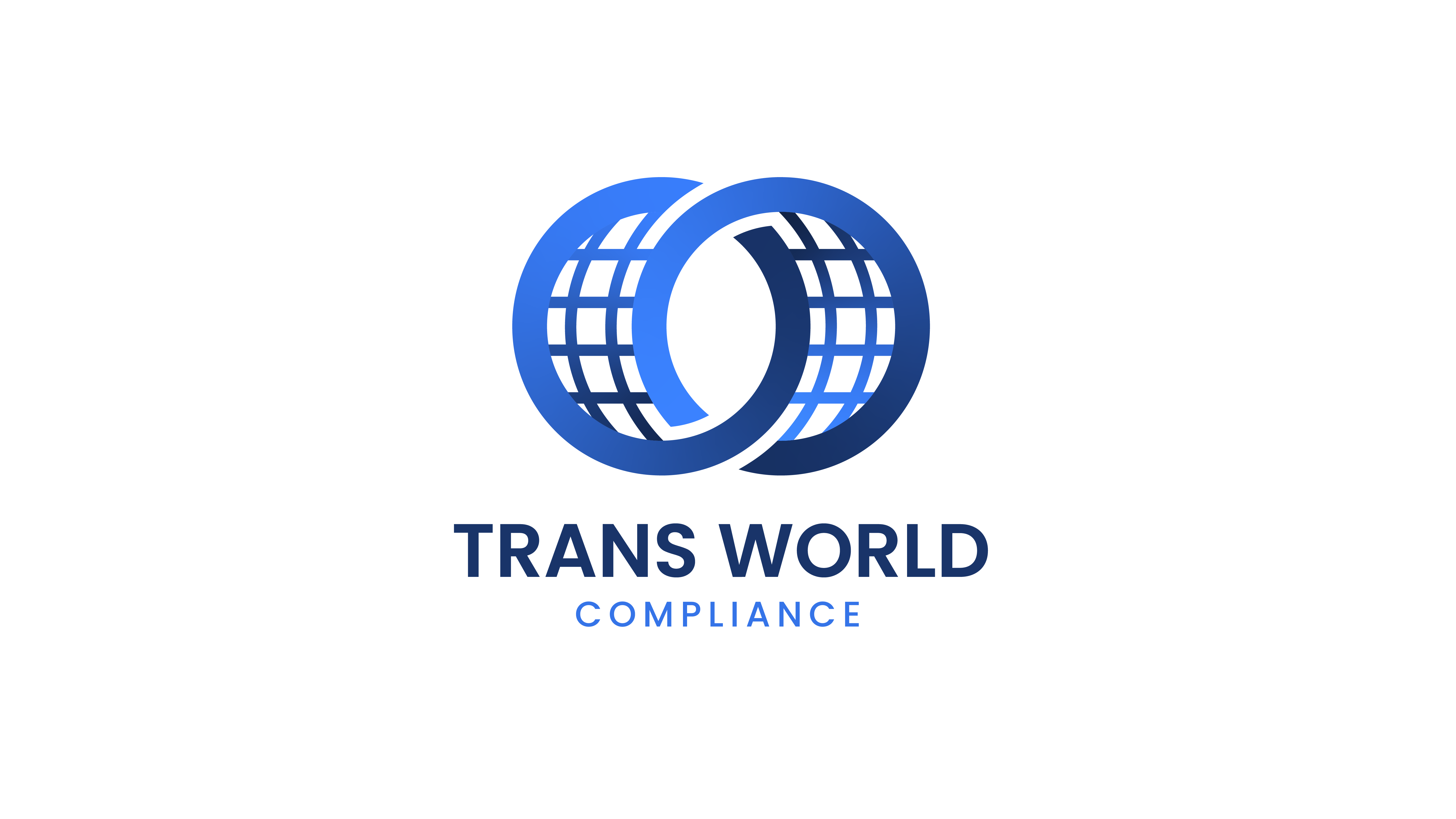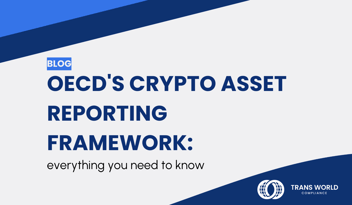Enhancing Crypto Tax Compliance with International Cooperation
Cryptocurrencies have become a significant part of the global financial ecosystem, offering unique benefits such as decentralization, security, and borderless transactions. However, their rise also presents challenges, particularly in tax compliance.
Ensuring that crypto transactions are accurately reported and taxed is crucial to maintaining fair and effective tax systems worldwide. The international nature of the crypto market amplifies this need, necessitating cooperation among countries to enforce tax compliance effectively.
The Growing Need for International Cooperation
The crypto-asset market is inherently global, with transactions occurring seamlessly across borders. This international nature complicates efforts by individual countries to regulate and enforce tax compliance. Countries face challenges, including varying regulations, the anonymity of transactions, and the sheer volume of cross-border activity.
Cross-border tax evasion cases involving crypto-assets highlight the difficulties in tracking and taxing these transactions. For example, investors might move their holdings to jurisdictions with lenient tax laws, making it difficult for their home countries to enforce tax obligations.
The OECD's Crypto-Asset Reporting Framework (CARF)
The Organisation for Economic Cooperation and Development (OECD) has introduced the Crypto-Asset Reporting Framework (CARF) to address the unique challenges posed by the rapid growth of the crypto-asset market. The CARF is designed to provide a comprehensive and standardized approach to collecting and exchanging information related to crypto transactions. This initiative is critical as it aims to close significant gaps in the global tax reporting systems, ensuring that crypto-assets are subject to the same level of scrutiny and transparency as traditional financial assets.

Key components of the Crypto-Asset Reporting Framework (CARF)
Rules and Commentary
A vital component of the CARF is its detailed rules and commentary. These rules are intended to be transposed into the domestic laws of participating jurisdictions, ensuring consistency in how crypto-asset service providers report transaction data. The framework specifies the types of transactions that must be reported, including exchanges between crypto-assets and fiat currencies and transfers of crypto-assets.
Multilateral Competent Authority Agreement (MCAA)
Another vital aspect of the CARF is the Multilateral Competent Authority Agreement (MCAA), which facilitates the automatic exchange of information between tax authorities in different countries. This agreement ensures tax authorities can access data on cross-border crypto transactions involving their residents. The MCAA enhances global tax transparency by enabling countries to share information seamlessly, reducing tax evasion opportunities.
Electronic Format (XML schema)
The electronic format (XML schema) prescribed by the CARF further streamlines this process by providing a standardized format for reporting and exchanging data. This technological standardization reduces the risk of errors and makes the data more manageable for tax authorities.
The CARF is a significant step towards improving global tax transparency and compliance in the crypto market.
By aligning crypto-asset reporting with existing standards for traditional financial assets, the OECD aims to ensure that crypto transactions are subject to the same level of oversight. This framework helps tax authorities monitor compliance more effectively and provides a clear and consistent set of rules for crypto-asset service providers, promoting fairness and stability in the global financial system.
The commitment to the OECD's Crypto-Asset Reporting Framework (CARF) is growing, with 48 countries and jurisdictions announcing their intention to implement this global tax transparency framework by 2027.
US Treasury's New Crypto Tax Reporting Rules
The US Treasury has also taken significant steps to enhance tax compliance in the crypto market. As part of the Infrastructure Investment and Jobs Act (IIJA), the Treasury finalized new regulations requiring crypto brokers to report detailed information on users' transactions to the Internal Revenue Service (IRS). By aligning the reporting requirements for crypto-assets with those for traditional financial instruments, the Treasury aims to simplify tax compliance and reduce evasion.

The new crypto tax reporting rules
The new rules require crypto brokers, including exchanges and payment processors, to report detailed information on users' transactions to the Internal Revenue Service (IRS). Starting in 2026, brokers will need to report gross proceeds from the sale of digital assets for transactions occurring in 2025.
Beginning in 2027, they must also report the tax basis for certain digital assets sold in 2026. This phased implementation allows brokers time to adjust their systems and processes to meet the new requirements. The introduction of Form 1099-DA is a significant change, as it simplifies the tax reporting process for both brokers and taxpayers by providing a standardized form that details all necessary transaction information.
The final regulations were shaped by extensive public feedback. The Treasury and IRS received over 44,000 comments on the proposed rules, reflecting the crypto industry's concerns about the potential burden of compliance and privacy implications. In response, the final rules were modified to limit some of these burdens and introduce the requirements in stages. The Treasury plans to issue additional regulations for non-custodial brokers, including decentralized exchanges, later this year.
These new reporting rules are expected to impact the US crypto market significantly. They aim to close loopholes that have allowed tax evasion and ensure that the crypto market operates within a transparent and accountable framework.
Benefits of International Cooperation in Crypto Tax Compliance
International cooperation in crypto tax compliance offers several benefits:
Harmonizing Regulations
As crypto-assets are inherently global, with transactions often crossing multiple borders, consistent regulations help create a level playing field. When countries align their reporting requirements, it reduces the complexity for crypto-asset service providers who operate in multiple markets. This harmonization ensures that these providers can implement uniform compliance procedures, lowering operational costs and simplifying adherence to regulatory requirements.
Enhanced Information Sharing
By participating in frameworks like the OECD's CARF and the US Treasury's reporting rules, countries can automatically exchange information about crypto transactions. This exchange helps tax authorities comprehensively view cross-border activities, making detecting and addressing tax evasion easier. Information-sharing agreements such as the Multilateral Competent Authority Agreement (MCAA) ensure that relevant data is accessible to all participating jurisdictions, fostering a collaborative approach to tax enforcement.
Capacity Building and Resource Sharing
Countries with more advanced regulatory frameworks and technological capabilities can assist those with less experience. This support can include training for tax authorities, sharing best practices, and providing technical resources to help implement new reporting systems. Such cooperation enhances individual tax authorities' capabilities and strengthens the global effort to ensure tax compliance in the crypto market.
Joint Enforcement Actions
Coordinated efforts between countries can lead to more effective enforcement of tax laws, especially in cases of cross-border tax evasion. Countries can pool their resources and expertise to investigate and prosecute offenders who exploit regulatory gaps by working together. This collective approach ensures no safe havens for tax evaders and reinforces the global commitment to maintaining a fair and transparent financial system.

Challenges and Solutions
Despite the clear benefits, implementing international standards like the CARF presents several challenges:
Legal and Regulatory Differences
Each country has its own set of laws and regulations regarding tax compliance, and aligning these can be a complex process. Differences in definitions, reporting thresholds, and compliance requirements can create inconsistencies that complicate the implementation of a standardized framework. Overcoming these differences requires extensive negotiations and agreements to establish common ground.
Technical and Operational Challenges
Setting up the necessary infrastructure to collect, manage, and exchange information on crypto transactions involves considerable investment and expertise. Countries must develop or upgrade their technological systems to handle the increased data volume and ensure security. Training personnel to manage these systems and interpret the data accurately is also essential. These operational challenges require financial resources and a commitment to continuous improvement and adaptation as the crypto market evolves.
Solutions include standardizing reporting formats and establishing mutual agreements on enforcement procedures. Collaborative platforms and forums can also facilitate dialogue and resolve discrepancies.
Future Directions for Global Crypto Tax Compliance
Looking ahead, international regulations for crypto-assets will continue to evolve. The OECD will guide these efforts, ensuring the CARF remains relevant and practical. Potential areas for further global collaboration include regulating decentralized finance (DeFi) and establishing rules for non-custodial brokers.
Software solutions, like those offered by Trans World Compliance, can aid in this process. Modules designed for CARF compliance can help jurisdictions and service providers implement the necessary reporting and data exchange mechanisms efficiently.
International cooperation is essential for enhancing crypto tax compliance. By harmonizing regulations, sharing information, and coordinating enforcement actions, countries can ensure that the crypto market operates fairly and transparently. To achieve effective tax enforcement in crypto, nations must collaborate and leverage frameworks like the CARF and US Treasury regulations.




